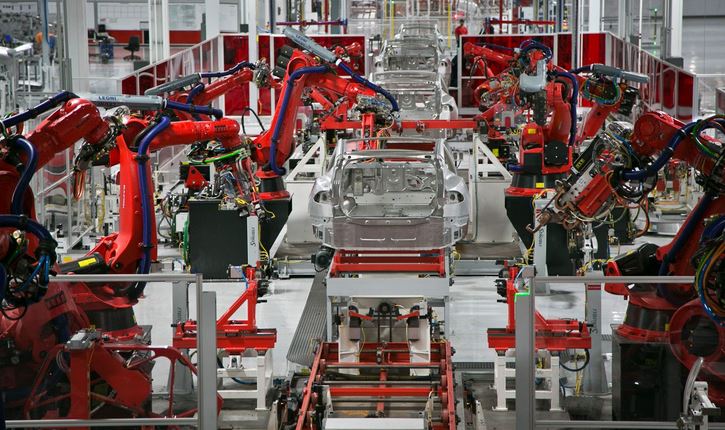No matter what the outcome of the Ukrainian crisis will be, it seems certain that the relations between the European Union and Russia will remain frosty for the foreseeable future. This will in particular influence the EU’s energy policy, with some previously unthinkable options for energy diversification now becoming feasible. One of these less obvious energy diversification options for European countries may be importing gas from Iran, a country long seen as an enemy of the West, but with the world’s second largest gas reserves. Continue reading…
Monthly Archives: July 2014
‘The second machine age’: will automation lead to increasing inequality?
In this thought-provoking article, published in the July/August Foreign Affairs, it is argued that the scarcest, and hence the most valuable, resource in the coming digital era will be neither ordinary labour nor ordinary (physical) capital, but people who can create new ideas and innovations. In this ‘automated economy’, a relatively small number of highly qualified economic ‘top performers’ may reap a disproportionate share of the rewards.:
“The distribution of income for this creative class typically takes the form of a power law, with a small number of winners capturing most of the rewards and a long tail consisting of the rest of the participants. So in the future, ideas will be the real scarce inputs in the world — scarcer than both labor and capital — and the few who provide good ideas will reap huge rewards. Assuring an acceptable standard of living for the rest and building inclusive economies and societies will become increasingly important challenges in the years to come.” Link to the article


